
This article is more than
1 year old
There is one important part of the US Supreme Court’s momentous Donald Trump immunity ruling that has legal experts fearing for the future.
Legal experts fear the US Supreme Court’s momentous ruling that Donald Trump has some immunity from prosecution as a former president will have major implications for America well beyond his trial – due to one key detail.
In a 6-3 ruling along partisan lines, published on Monday, local time, the court’s conservative majority decided American presidents have “absolute” immunity from prosecution for many of their “official acts” taken while in office. That immunity from prosecution for violating the law does not extend to “unofficial” acts, the court ruled.
The decision comes four months ahead of the presidential election in which Trump is the Republican candidate.
The case has been sent back to a lower court to determine which of the charges facing Trump – in his trial for conspiring to overturn the 2020 election – involve official or unofficial conduct. Both a District Court and a three-judge appeals court panel had previously rejected Trump’s immunity claims.
Another key detail within the court’s decision: none of the actions for which Trump is immune can be admitted as evidence at trial.
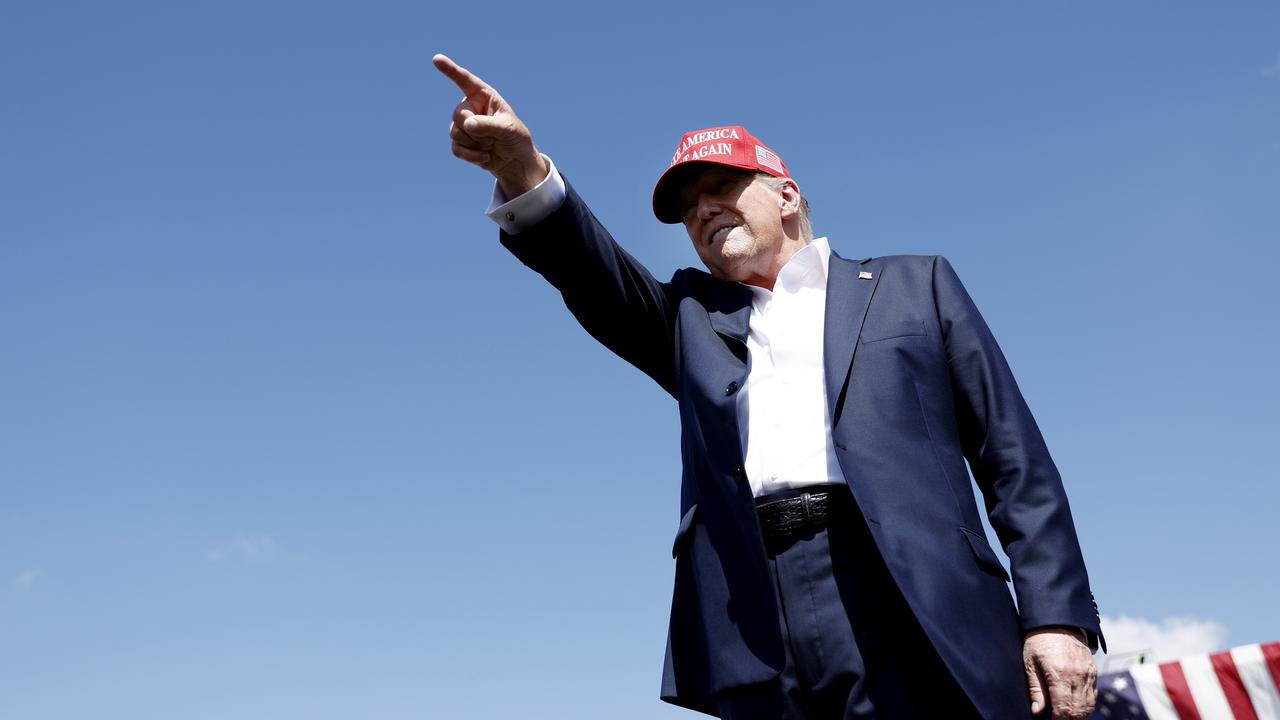
Conservative Chief Justice John Roberts, in his majority opinion, wrote “Congress may not criminalise the president’s conduct in carrying out the responsibilities of the executive branch,” but liberal Justice Sonia Sotomayor, in her written dissent, shared big fears for the way the ruling could be used.
“Orders the Navy’s Seal Team 6 to assassinate a political rival? Immune. Organises a military coup to hold onto power? Immune. Takes a bribe in exchange for a pardon? Immune. Immune, immune, immune,” she said.
Legal analyst and University of Texas School of Law professor Steve Vladeck shares this concern.
“The majority opinion in Trump says that (1) official acts can’t be evidence; and (2) motive is irrelevant. If that’s the case, how could a president ever actually *be* prosecuted for ordering the military, in his capacity as commander in chief, to kill his chief political rival?” he wrote on X, formerly Twitter.
As for Trump, Prof Vladeck said the sub-part on evidence is a big part of why the ruling is “a bigger win for Trump than many of us had been expecting”.
“It’s not just which acts will be immune; it’s how this will hamstring efforts to prosecute even those acts for which there *isn’t* immunity,” he said.
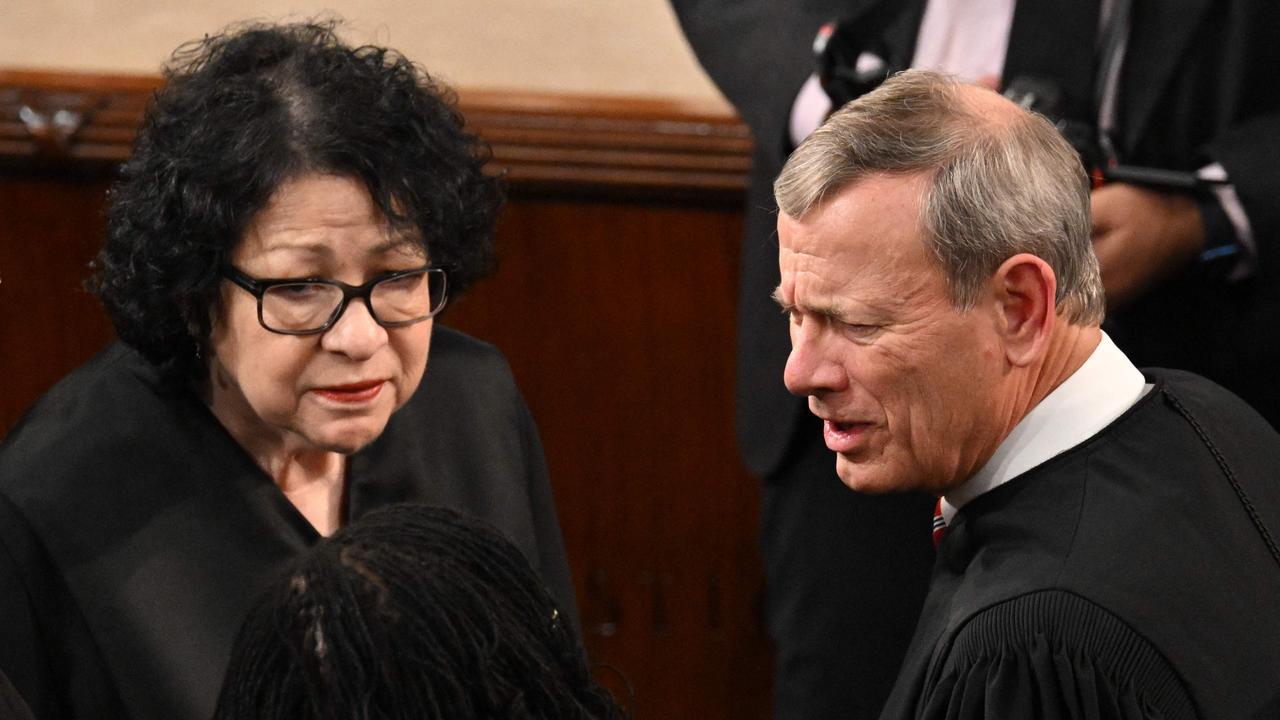
University of California Los Angeles law professor Rick Hasen agreed this was a key detail.
“Importantly, it says that the kind of evidence that could be introduced in the event that the president is accused credibly of criminal conduct is quite limited so that the – you know, the kinds of evidence that you would actually need to prove that the president is engaged in criminal conduct, now the prosecutors would be hamstrung,” he said on NPR.
“So this is a big shift of power towards the president personally in potential prosecutions going forward.”
Prof Hasen said the ruling set a “huge precedent” and while everyone was focused on what it meant for the election and Trump, it importantly, “greatly expands presidential power”.
In a piece for Slate, Prof Hasen further described the ruling as “awful”.
“The bottom line is that trying to prosecute a former president for criminal activity during the president’s time in office will be all but impossible,” he wrote.
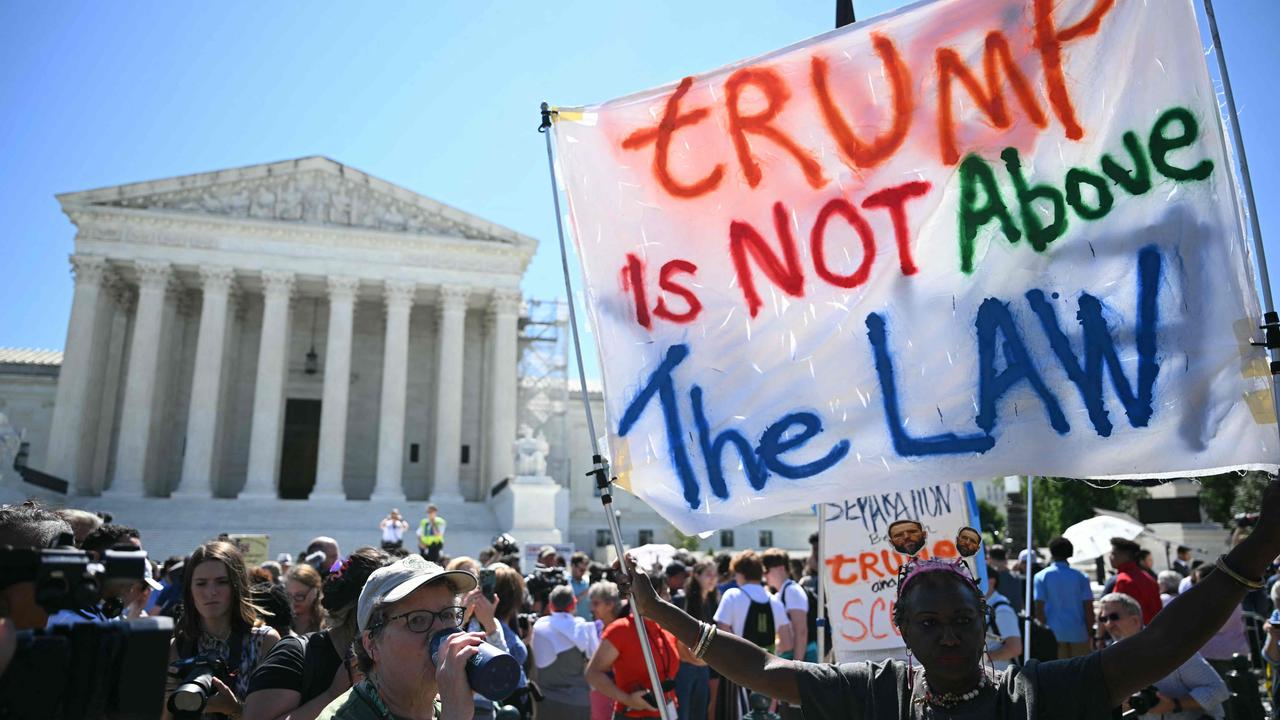
Steven Schwinn, a law professor at the University of Illinois Chicago, said the opinion provides a “road map” for a US leader to avoid prosecution for a particular action “simply by intertwining it with official government action”.
“That’s going to seriously hamstring the prosecution of a former president because the president’s official actions and unofficial actions are so often intertwined,” he said.
Prof Schwinn also said the ruling means Trump’s case “is going to drag on more and more and longer and longer and well beyond the election.”
“To the extent that Trump was trying to drag his feet and extend this beyond the election, he has succeeded wildly,” he said.
The District Court will now hold a series of pre-trial hearings, making a trial before November extremely unlikely.
Trump is charged with conspiracy to defraud the United States as well as obstruction of an official proceeding – when a violent mob of his supporters tried to prevent the January 6, 2021 joint session of Congress held to certify Joe Biden’s victory.
The 78-year-old former president is also charged with conspiracy to deny Americans the right to vote and to have their votes counted.
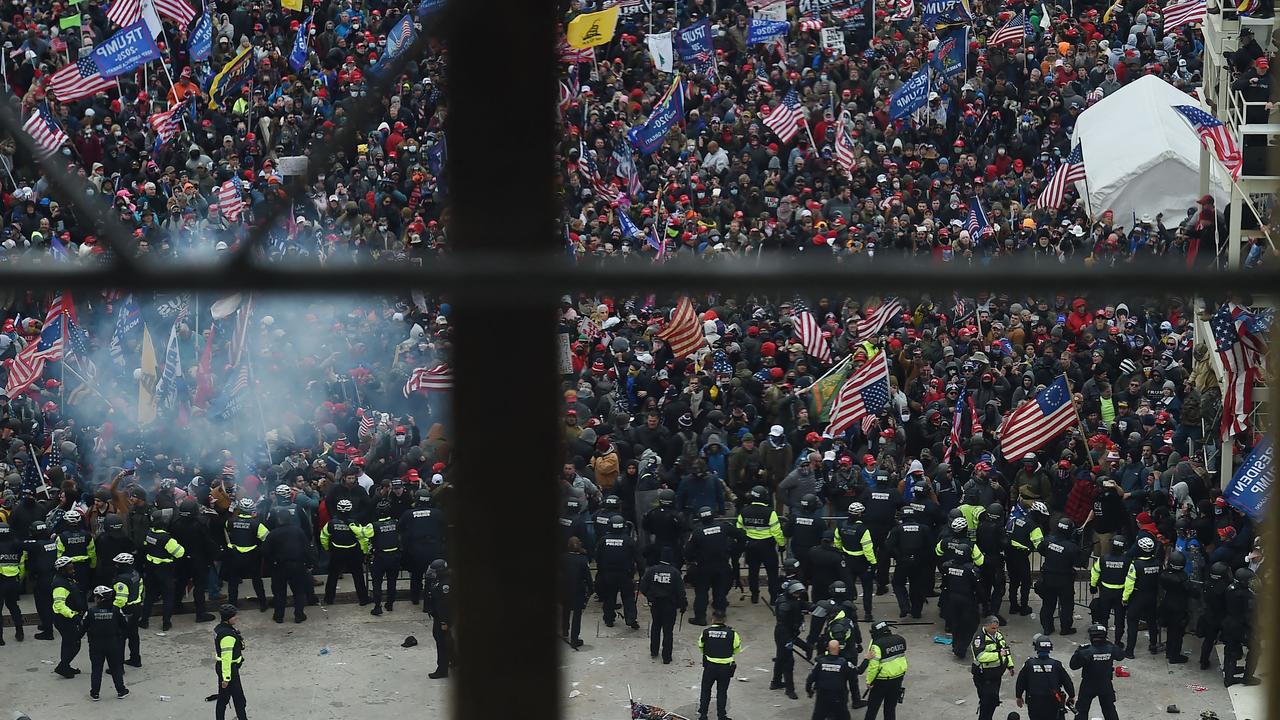
Trump, in posts on Truth Social, welcomed the decision calling it a “big win for our Constitution and democracy”.
“Today’s Historic Decision by the Supreme Court should end all of Crooked Joe Biden’s Witch Hunts against me,” he said.
President Joe Biden warned that the landmark ruling sets a “dangerous precedent”.
“For all practical purposes today’s decision almost certainly means there are no limits to what a president can do. This is a fundamentally new principle, and it’s a dangerous precedent,” Biden said in a speech at the White House.
“The American people must decide if they want to entrust … once again, the presidency to Donald Trump, now knowing he’ll be more emboldened to do whatever he pleases, whenever he wants to do it,” he added.
Trump’s original trial date in the election subversion case had been March 4. But the Supreme Court – dominated by conservatives, including three appointed by Trump – agreed to hear his argument for absolute presidential immunity, putting the case on hold while they considered the matter in April.
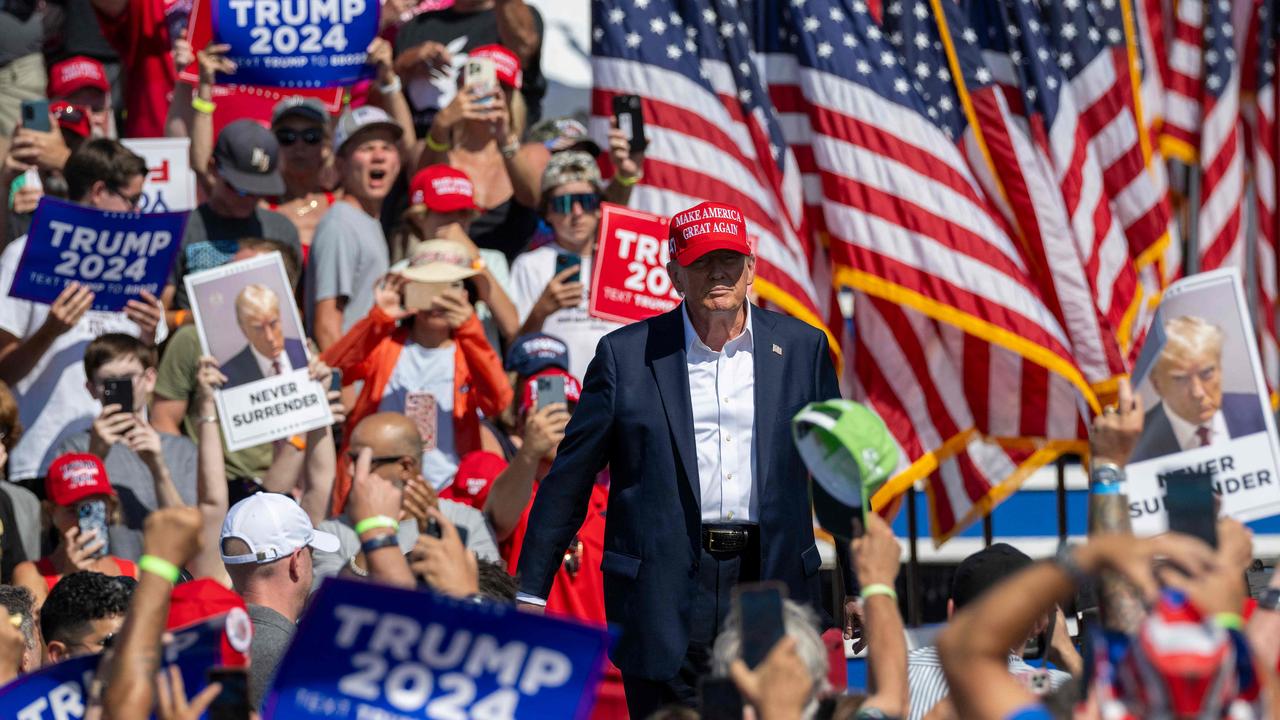
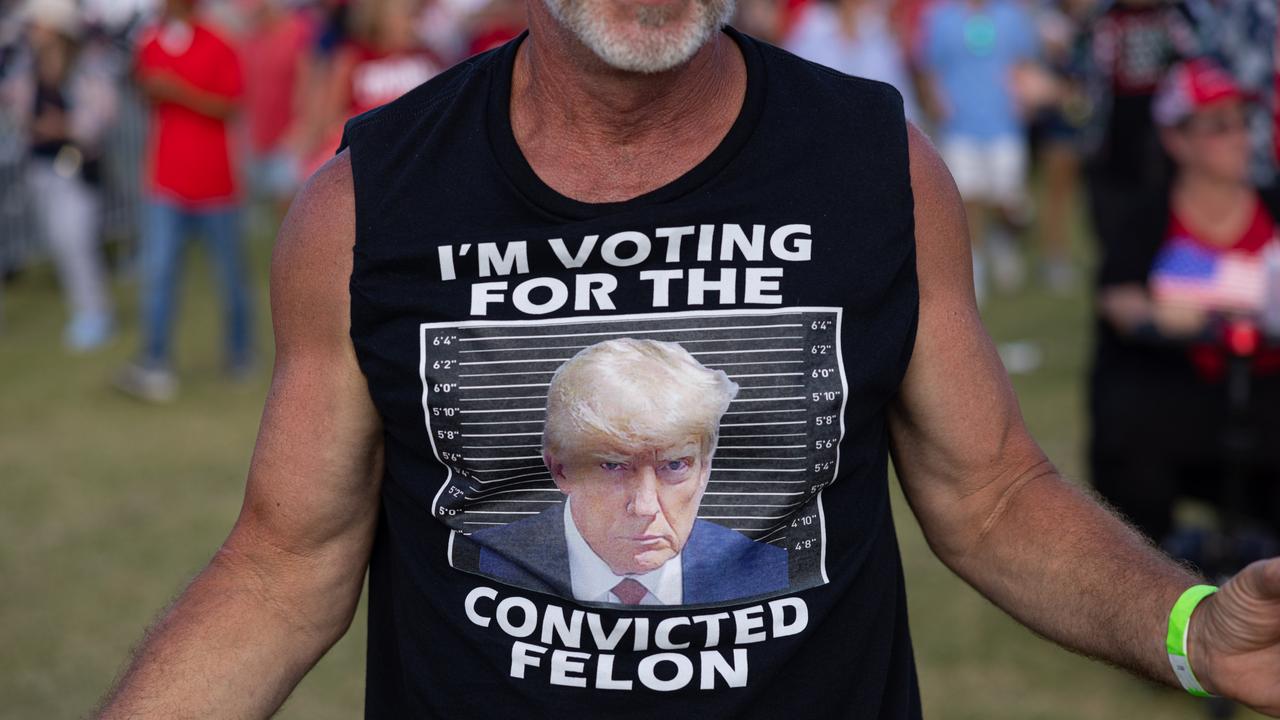
Facing four criminal cases, Trump has been doing everything in his power to delay the trials until after the election.
Trump was convicted in New York in May of falsifying business records to cover up a sex scandal in the final stages of the 2016 campaign, making him the first former US president ever convicted of a crime. His sentencing will take place on July 11.
By filing a blizzard of pre-trial motions, Trump’s lawyers have managed to put on hold the three other trials, which deal with his attempts to overturn the 2020 election and hoarding top-secret documents at his home in Florida.
If re-elected, Trump could, once sworn in as president in January 2025, order the federal cases against him closed.
– with AFP